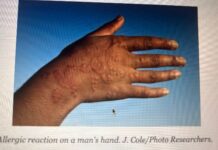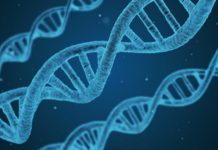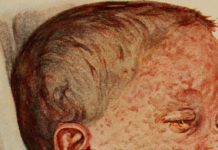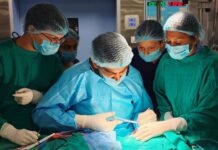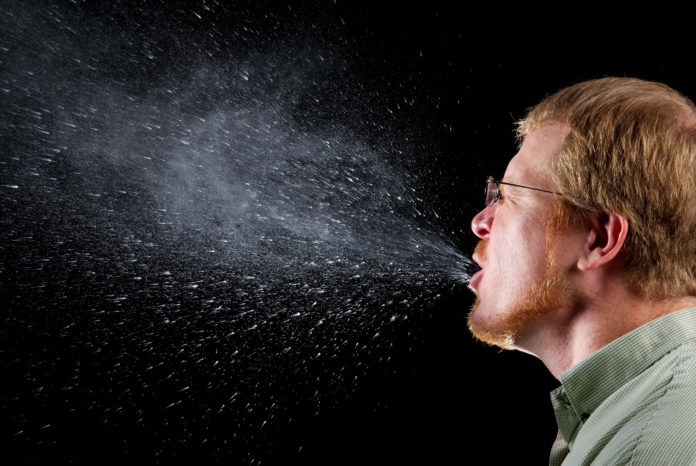
The new document will apply for COVID-19, influenza, measles, Middle East respiratory syndrome (MERS), severe acute respiratory syndrome (SARS), and tuberculosis
It had taken much time and substantial debate to reach the conclusion that the SARS-CoV2 virus that triggered the COVID19 pandemic, is in fact, airborne. Couple of years on, the World Health Organisation has now come up with global technical consultation report introducing updated terminology for pathogens that transmit through the air. The pathogens covered include those that cause respiratory infections, e.g. COVID-19, influenza, measles, Middle East respiratory syndrome (MERS), severe acute respiratory syndrome (SARS), and tuberculosis, among others.
The publication, entitled “Global technical consultation report on proposed terminology for pathogens that transmit through the air”, is the result of an extensive, multi-year, collaborative effort and reflects shared agreement on terminology between WHO, experts and four major public health agencies: Africa Centres for Disease Control and Prevention; Chinese Center for Disease Control and Prevention; European Centre for Disease Prevention and Control; and United States Centers for Disease Control and Prevention. This agreement underlines the collective commitment of public health agencies to move forward together on this matter.
“This global technical consultation process was a concerted effort of many influential and experienced experts,” said Dr Gagandeep Kang, Christian Medical College, Vellore, India who is a Co-Chair of the WHO Technical Working Group. “Reaching consensus on these terminologies bringing stakeholders in an unprecedented way was no small feat. Completing this consultation gives us a new opportunity and starting point to move forward with a better understanding and agreed principles for diseases that transmit through the air,” added Dr Yuguo Li from the University of Hong Kong, Hong Kong SAR (China), who also co-chaired the Technical Working Group.
This consultation was the first phase of global scientific discussions led by WHO. Next steps include further technical and multidisciplinary research and exploration of the wider implementation implications of the updated descriptors.


